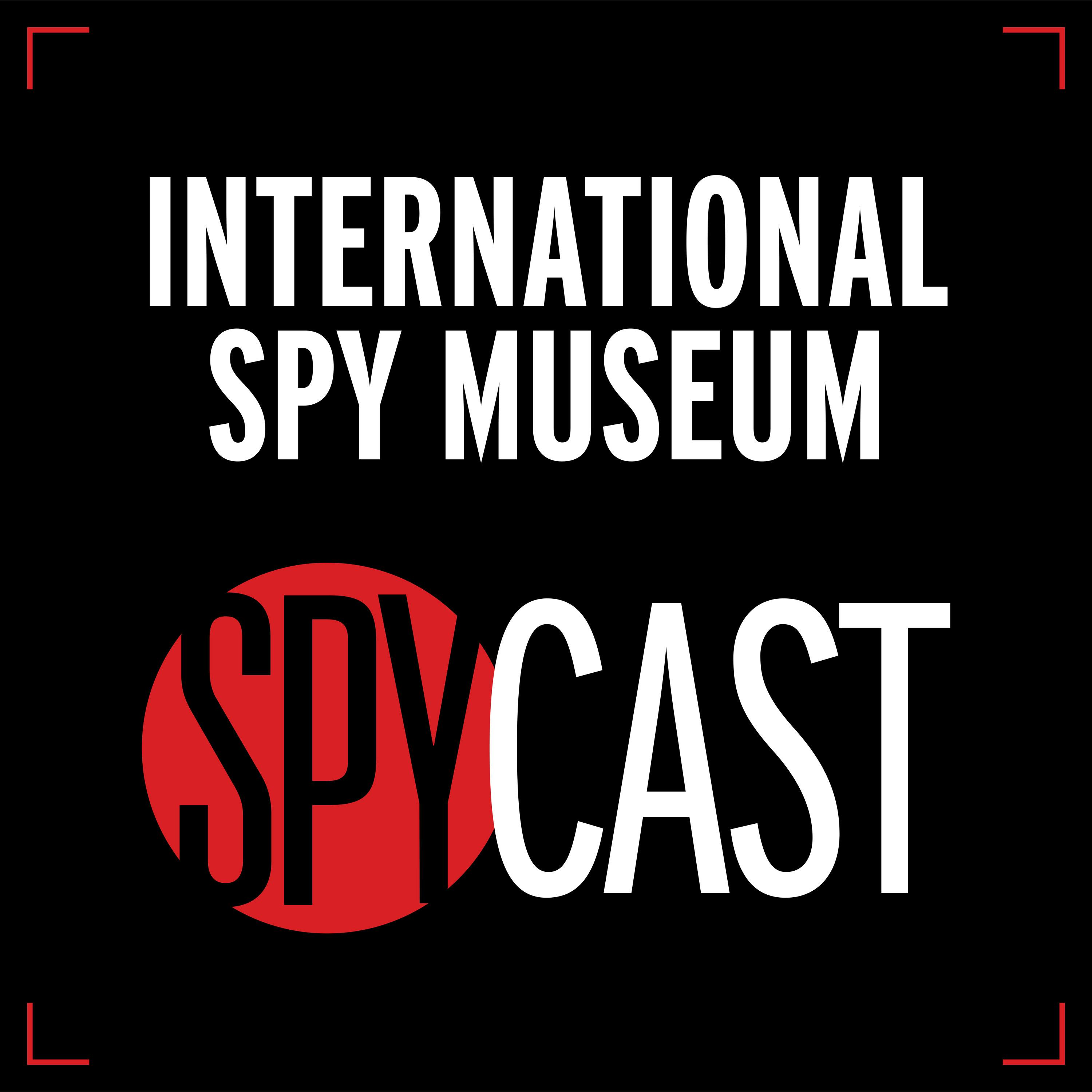
Rise of Devils: The Origins of Modern Terrorism with James Crossland

SpyCast
Shownotes Transcript
Summary
James Crossland (Twitter)) joins Andrew (Twitter); LinkedIn))) to discuss the origins of modern terrorism. James is an expert on terrorism, intelligence, and propaganda.
What You’ll Learn
Intelligence
-The origins of modern terrorism
-19th century spymasters
-Covert action and assassinations
-Intelligence as a weapon
**Reflections **
-Philosophy and ideology’s effect on history
-The power of fear
And much, much more …
Quotes of the Week
*“These waves of repression that feed into discontent and create more radical strains of discontent, that is a process that's really observable during this period. The reason why I think this is the first real age of terrorism is because you have all this stuff coming together: Communications that you need to promote terrorist activities to gain the attention you need, societal discontent, dangerous ideas … and it's all moving around together as part of the same process.” *– James Crossland.
**Resources **
SURFACE SKIM
**Spotlight Resource **
-The Rise of Devils: Fear and the Origins of Modern Terrorism, J. Crossland (Manchester University Press, 2023)
SpyCasts
-Venice’s Secret Service) with Ioanna Iordanou (2023)
-St. Ermin’s Hotel, London – The History of a Legendary Spy Site,) with Stephen Duffy (2023)
-Espionage and the Two Queens with Kent Tiernan) (2023)
-The Lion and the Fox – Civil War Spy vs. Spy) with Alexander Rose (2023)
Beginner Resources
-Terrorism), J. P. Jenkins, Encyclopaedia Brittanica (2023) [Short article / definition]
-What Were The Most Important Events of the 19th Century?, C. Seaver, History Defined (2022) [Short article]
-Marxism in Under 5 Minutes), Theory in 5, YouTube (2020) [3 min. video]
DEEPER DIVE
Books
-Sofia Perovskaya, Terrorist Princess: The Plot to Kill Tsar Alexander II and the Woman Who Led It, R. R. Riggs (Global Harmony Press Inc., 2018)
-The Pursuit of Power: Europe 1815-1914, R. J. Evans (Penguin Books, 2017)
-Blood and Rage: A Cultural History of Terrorism, M. Burleigh (Harper, 2009)
**Primary Sources **
-The assassination, who is responsible?) (1901)
-New York Times “Empress of Austria Slain” Article) (1898)
-New York Times “War On Terrorism” Article) (1881)
-La vérité sur Orsini) (1872) [The Truth about Orsini]
-Manifesto of the Paris Commune) (1871)
-The Revolutionary Catechism) (1869)
-On the Fenian Prisoners in Manchester) (1867)
-Procès de Orsini) (1858) [The Trial of Orsini]
Wildcard Resource
-You may have already read his classic play Crime and Punishment, but have you read Dostoevsky’s The Idiot (1869)? This novel) is known as Dostoevsky’s most personal work, a story that clearly shows the threads of his own life experiences during 19th century Russia. The novel explores many of the same questions of philosophy and politics explored in this episode of SpyCast.
Learn more about your ad choices. Visit megaphone.fm/adchoices)